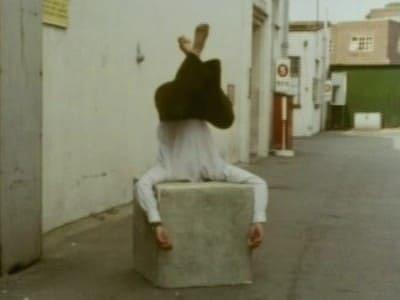

(Not to mention emotionally stable) And what about Cathy? She never really outgrew her 14 year old self. I don't think he was emotionally mature enough to ever be in a real relationship. If Cathy truly had loved him and wanted to be with him, I have absolutely no doubts he would've pushed her away with whatever means he could have, or maybe killed her out of fear someone might take her away form him. What would he be with out his own glorious suffering? I think he might have killed himself out of boredom if he really had got what he wanted out of life. Someone above said Heathcliff was a sociopath, while this is true, I always think of him as more of a masochist. Perhaps Emily Bronte can only hint at it (on the advice of the pragmatic Charlotte?). The preface I was talking of with CCose above, where the writer (was it Patsy Stoneman? Can't remember) suggests she has some Shellyian ideal, which of course, in patriarchal Victorian Yorkshire would have been regarded as outrageous beyond belief. This remark doesn't seem to be made in an attempt to make his jealousy worse, and she even seems puzzled by it. She revels in Edgar's physical attractions in her confession to Nelly, and after his return, she tells Heathcliff flatly she wants to make lots of heirs with Edgar. I cannot in any way see the 'love' or obsession, or whatever it is, between Catherine and Heathcliff and Caherine as romantic there is supposed to be an unbreakale bond (which has hints of a sort of quasi incest in it, as he's been brought up as her 'brother')but it seems oddly asexual and Catherine has no jealousy at the thought of him marrying Isabella, were he to 'like' her. Hello, Hermione, welcome (are you called after 'The Winter's Tale?) He prosaically calls the younger Catherine 'chuck' when he is trying to get her to sit with him at the end, and somehow, this is incongruous in a Byronic character, though totally in character, of course, in a Yorkshire 'gentleman farmer'.


There wasn't the slightest chance, in that age particularly, that Catherine's idealistic schemes about having a close relationship with both Edgar Linton and Heathcliff could possibly be seen as anything but degrading for them by either man.Įven apart from his mean spirted acts,which degrade his character, Heathcliff's prosaic, penny pinching lifestyle as a farmer and 'hard landlord' hardly goes with a romantic image,as he gloomily takes his miserable supper served by the prosing Joseph in the unswept kitchen of Wuthering Heights. Part of the problem is that Nelly Dean is limited by her unimaginativeness and the twists in the plot, which oblige her to act unwisely quite often yet for all that she invariably shows humane compassion when it is called for (for instance, towwards Heathcliff when Catherine has just died)and her conclusions about the main characters may well be meant to be taken more seriously than they often are. I do think that if Emily Bronte had been a more intrusive author, and gone in less for an apparently 'author neutral' position as narrator, this dichotomy wouldn't have arisen. As you say, he is certainly a fascinating psychological study.

Kenya, Kelly and others, I know what you mean is it love, or obsession? I think haunting is sometimes called 'obsession' in occult writings, and the two seem to meet here.Īs I have said, I am frankly puzzled as to how readers do find Heathcliff a romantic figure.


 0 kommentar(er)
0 kommentar(er)
